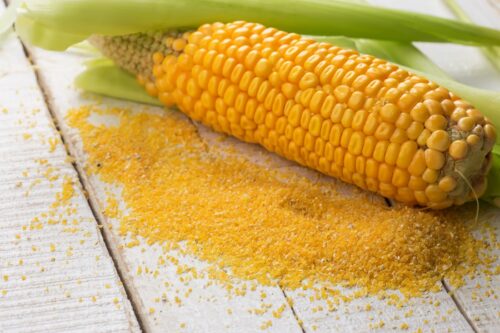The European Union on GMOs: Achieving compliance for your product
GMO Testing for Non-GMO Project Verification Explained
Non-GMO Project Verification Primer
Non-GMO Project Product Verification Program Process
FAQ about Non-GMO Project Verification
About The Non-GMO Project
Choose the Right GMO Testing Lab — 7 Key Points
Non-GMO and Organic – What’s the difference?
FoodChain ID Testing offers GMO testing for grain, seed, and plant material for the following crops:
- Soybean
- Corn
- Cotton
- Canola
- Sugar beet
- Zucchini
- Alfalfa
- Papaya
- Honey
The sample sent to the laboratory should be taken in a manner that insures it is statistically representative of the larger lot of material. The recommended sample size for testing whole beans and grain contains at least 10,000 beans/kernels. Samples in this size range are not too large to ship and process, yet offer a high degree of statistical strength.









